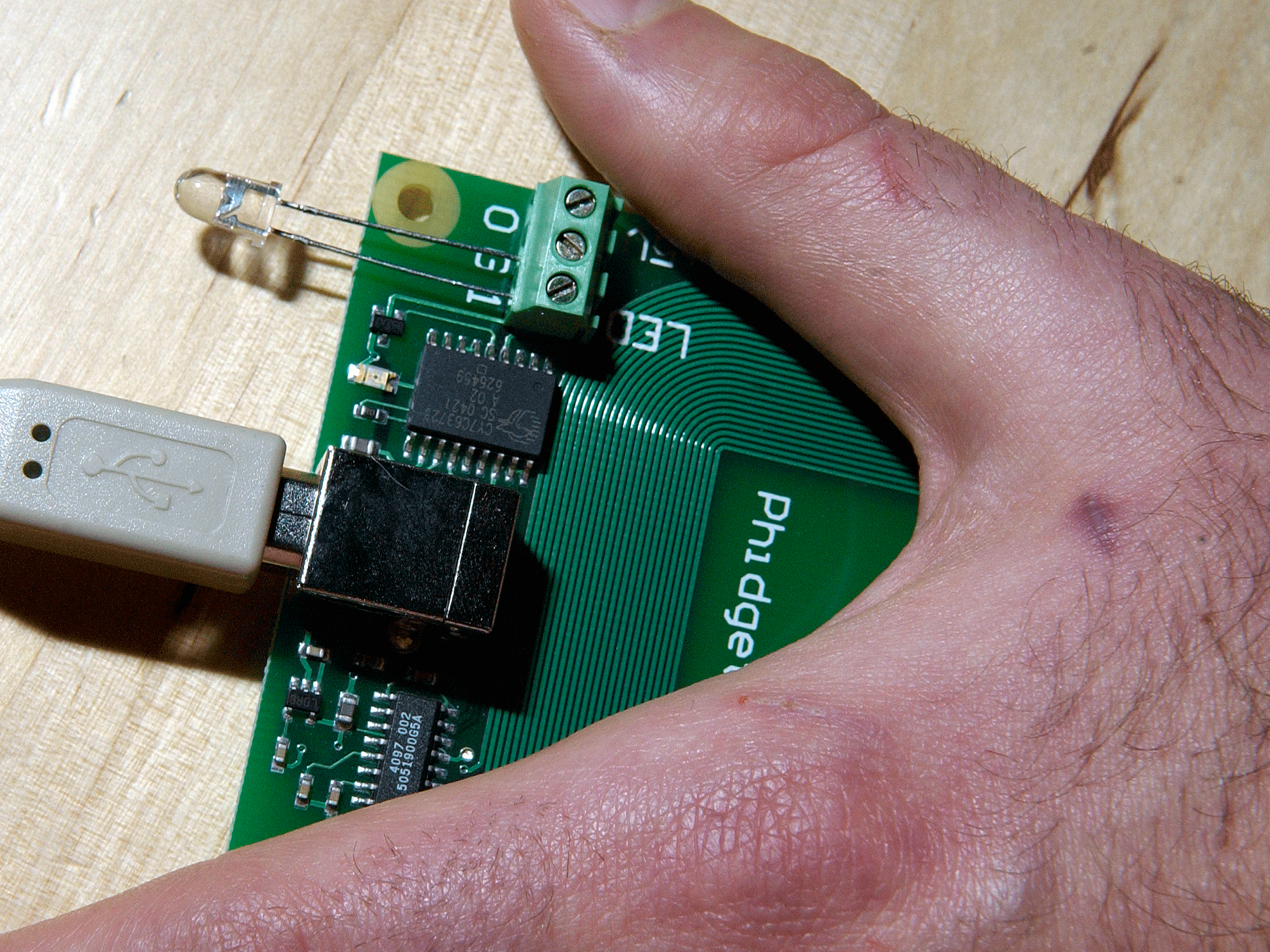US tech company becomes first to microchip employees
The chips will allow employees to pay for food and drink in the company’s break room, open doors, login to computers and use the copy machine

A tech company in Wisconsin has announced that it will become the first business in the US to microchip its employees.
Three Square Market, which designs software for break rooms, says that it is offering to microchip everyone who works there on 1 August but stressed that the programme is optional. It said that it expects over 50 staff to take part.
The chips will allow those who have them to pay for food and drink in the company’s break room, open doors, login to computers and use the copy machine.
They will be implanted underneath the skin between the thumb and forefinger, and will use so-called near-field communications – or NFC – which is the same technology used in contactless credit cards and mobile payments.
The company’s chief executive, Todd Westby, said that the chips would also be used to unlock phones, share business cards and store medical and health information.
“Eventually, this technology will become standardised allowing you to use this as your passport, public transit, all purchasing opportunities, etc,” he said in a press release.
"The international market place is wide-open and we believe that the future trajectory of total market share is going to be driven by who captures this arena first," said chief operating officer, Patrick McMullan.
Biometric information and technology is experiencing a surge in popularity and earlier this year a Swedish rail company started offering passengers the option of using a chip implanted into their hand in lieu of a paper train ticket.
Last week, high street lender TSB announced that it was becoming the first bank in Europe to introduce iris recognition on its mobile banking app.
But the trend has also raised wide-spread concerns around safety and privacy.
Earlier this year, a German hacking collective fooled an iris scanner on a Samsung phone with a photograph and a contact lens.
It was the second security blow dealt to the South Korean conglomerate in the space of a few months, after its facial recognition technology – also designed to allow users to unlock their phones password-free – was tricked almost immediately after launching.
Researchers at a mobile security firm called Vkansee last year reportedly used Play-Doh to collect fingerprints and unlock an iPhone.
Subscribe to Independent Premium to bookmark this article
Want to bookmark your favourite articles and stories to read or reference later? Start your Independent Premium subscription today.

Join our commenting forum
Join thought-provoking conversations, follow other Independent readers and see their replies